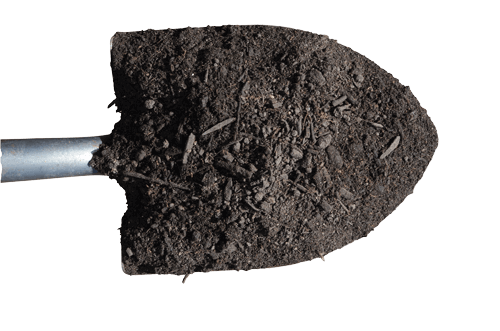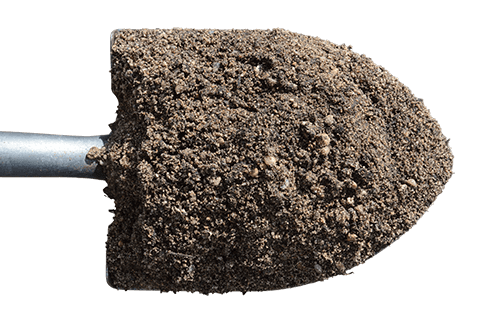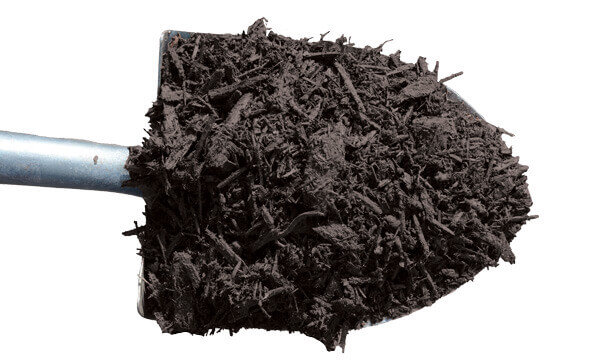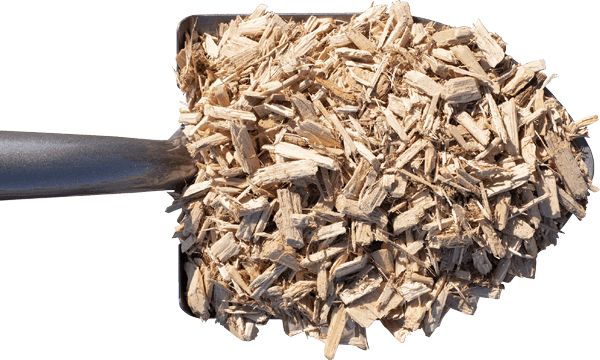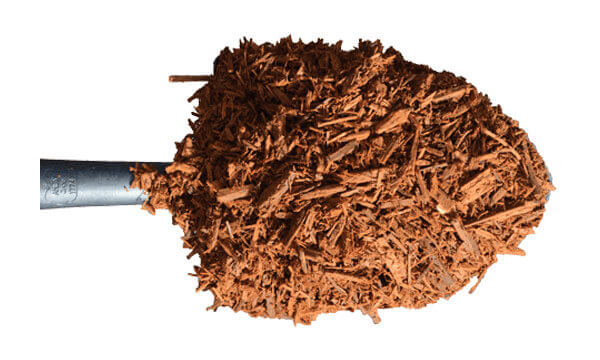Looking to reduce your carbon footprint? Composting is a simple and effective way to do so! From decreasing landfill waste to improving air quality, it’s clear that composting provides a variety of environmental benefits.
So, how can you determine what items will make for successful composting? Simply put, anything that is created from organic material can be composted. Since the SMSC Organics Recycling Facility serves as a large-scale composting facility, we are able to compost more products than your average backyard composting project. Below is a breakdown of a few items that either can or cannot be donated to the SMSC Organics Recycling Facility for composting purposes.
Material Accepted:
-Yard waste
-Meat and fish
- Bones, scales, and shells
-Dairy products
- Yogurt and cheese
-Produce food scraps
- Peelings, pits, and shells
-Coffee grounds
-Wood shavings or saw dust (from untreated wood)
-Bakery and dry goods
- Pasta, beans, rice, bread, cereal, nuts, shells, and dough
-Herbivore pet bedding
-Delivery pizza boxes
Material Not Accepted:
-Refrigerated and frozen food boxes
- Though these boxes may be made of cardboard, they have a waxy, plastic-like coating on them that does not breakdown in the composting process.
-Pet waste
- Pet waste can carry harmful parasites and bacteria that is dangerous for humans, stay away from adding your pet waste to a compost pile.
-Oil, grease, or butter (large amounts)
- Large amounts of these products can form water resistant barriers and reduce the amount of air flow to the compost, something that is essential in the composting process.
-Fast food wrappers
- Though typically made from paper, most fast food wrappers contain a harmful chemicals and plastic coatings to make them grease-proof. These chemicals are known as PFASs (polyfluoroalkyl substances) and have been linked to serious health problems.
-Fireplace or barbecue ashes
- The ash from coal and wood fires contains sulfur that creates a large amount of acidity. This will harm plants and microorganisms if added to the compost.
Another way to reduce your carbon footprint is to replace standard plastics with PLA (polylactic acid) plastics. Standard plastics are made up of petroleum and are considered non-compostable due to their lack of ability to biodegrade. However, PLA (polyactic acid) plastics are made from a blend of biodegradable materials such as corn, starch, cellulose, soy protein, or lactic acid. While standard plastics can take thousands of years to breakdown in compost, PLA plastics can compost as soon as 3-6 months when brought through a healthy composting process!

